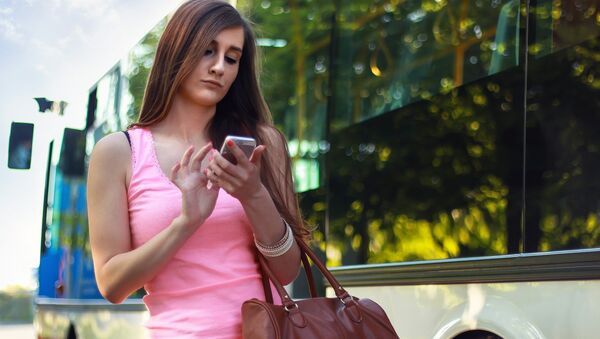While on Facebook they post their announcements on specific groups, on Instagram pushers rely on hashtags such as #weed #drugs and so on which wanna-be buyers can easily find. On Tinder, they generally post pictures of what kind of drugs they are putting up for sale, plus a short description.
Transactions are usually arranged by chat and the drugs are either handed during a face-to-face meeting or posted to the buyer's address. Payments are carried out via prepaid credit cards or untraceable cryptocurrencies like bitcoin.
The criminal use of Tinder had already been documented in October 2015 in the Liverpool Echo, when an undercover reporter met and confronted a cannabis pusher he found on the match-based dating app.
C'mon. If someone matched with me on Tinder and tried to sell drugs to me my first thought would be: NARC https://t.co/vIua50HqIO
— Demetrius (@Indifferent_D) April 7, 2016
Tinder — which has surged in popularity in London and other cities over the past few years — is particularly fit for the purpose, as it can be set to show only potential "matches" that are in the same area as the user. This effectively allows pusher to address only buyers in their immediate vicinity, which makes for quicker transactions.
In general, signing up to these apps and social media enables drug peddlers to get access to young people that might be curious about drugs but do not know how to procure them.
While the media have just started noticing the trend, more sensitive online communities such as Reddit had already reported and discussed incidents involving Tinder and drugs at least one year ago.
Two separate posts — 'Tinder a new form of marketing or drug dealing' and 'How I met my drug dealer' appeared on the r/tinder subreddit and show what seem to be pictures of drug-peddling Tinder profiles advertising the sale of marijuana and illegal "smart drug" Vyvance.




